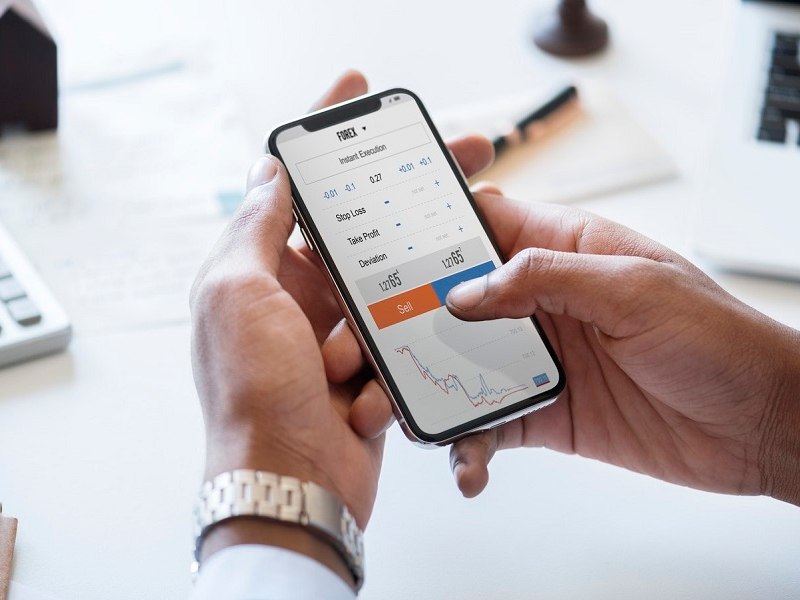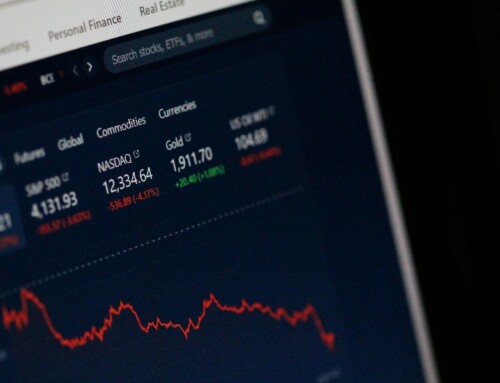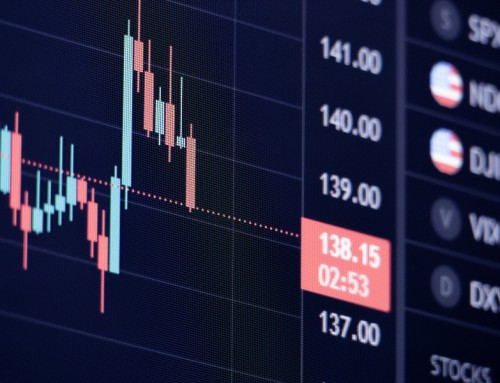This is a long overdue blog post which continues from my first article titled “How to invest in stocks (Part 1)“. In this second article, I will be discussing about how investors should go about choosing a broker.
I have always maintained that in Singapore, many investors focus on building their investment portfolio mainly on acquiring physical properties. It would be wise to diversify your investment portfolio especially with Singapore property prices being so high. The Singapore government has also implemented another round of cooling measures to try to cool property prices so it may be wise to perhaps take a look at other forms of investments for the near future. Investing in stocks of well-built companies may yield a better return. Please note that the stock market is also at all-time highs so investors should thread into the stock market with caution as well. There is no sure-win investment but you should try to acquire useful information to minimise the chances of making a bad investment. If you want to start buying stocks, you will first have to open a trading account. There are a few considerations when choosing a broker, or what some may refer to as opening a brokerage account.
1) Which markets do you want to trade?
Being in Singapore, we would most likely want to purchase some Singapore stocks. Almost all trading accounts allow you to purchase Singapore stocks. There are two methods to hold Singapore stocks. The most common method would be to open a Direct Securities Account with the Central Depository (CDP). We commonly refer to this as CDP Account. Just imagine that everytime you buy a stock, you have to take possession of the stock certificate. To hold on to the stock certificate would be very messy and cumbersome. In fact, many people would most probably lose their stock certificates. Thus all stock certificates are kept in a huge depository. You will have your own personal CDP account and when you purchase a Singapore stock, the stock goes into this huge depository tagged to your personal CDP account.
The next method would be to use a custodian account. A custodian account would mean that you do not hold the Singapore stock under your personal CDP account. Instead, the brokerage holds the stock in their account in trust for you. You can still buy and sell the stock as you would on the platform, the difference is that you will not get a statement from CDP indicating your holdings. Another difference is that custodian accounts usually charge lower commission rates for trading stocks. On the flip side, you will have to contend with the risk, although very low, that the brokerage who is the custodian of your stocks does not go bust. In December 2017, Standard Chartered and Saxo Capital Markets assured investors that their stocks were safe by indicating in their frequently asked questions (FAQs) that custodian accounts were kept separate and would not be affected if the company were insolvent. Still, I would recommend going with a brokerage that holds your stock under your own trading account.
If you want to trade foreign stock markets, the stocks do not go into your CDP account. If you purchase a stock like Apple, which is traded on the NASDAQ, for example, you will be placing the order with the brokerage and the brokerage will hold the stock in trust for you. For this, I would recommend going with a reputable platform like Saxo Capital Markets or Standard Chartered.
For such CDP linked brokerages, Citibank has the lowest commission of 0.25% for amounts $50,000 or less with a minimum commission of $25 whereas most other brokerages have slightly higher commissions of 0.275% (CIMB, Maybank Kim Eng, OCBC Securities, RHB Securities, UOB Kay Hian) and 0.28% (Lim and Tan and Phillip Securities) for amounts $50,000 or less with minimum commission of $28. Thus if most of your trades are above $10,000, then you would be better off using Citibank. My personal preference is UOB Kay Hian for the interface and ease of use.
For custodian accounts, Saxo has the lowest commission of 0.12% for amounts $50,000 or less with a minimum commission of $15 and Standard Chartered has a commission of $0.2% for amounts $50,000 or less with an even lower minimum commission of $10. Once again, if you trade larger amounts, you would save some money using Saxo Capital Markets. I personally use Saxo Capital Markets as I like the interface on the desktop as well as on my mobile phone. In fact, I use it for both Singapore as well as the US markets which are primarily the two markets which I purchase stocks from.
2) Do you need support?
By support, I do not mean getting the trading representative to place trades for you over the phone. I am thinking of someone who would be new to trading and would require some workshops or online tutorials to guide you on how to make certain trades. It would be useful to have a responsive trading representative. Ask around for one who is helpful, answers your questions and provides timely market updates (usually via email on a daily basis). There are many people around you who trade stocks. Just ask for a recommended trading representative from someone you know.
I personally appreciate the emails I receive from my trading representative every morning. I barely glance through them these days as I have grown rather wary of the markets being at all-time highs but I can see the value that my trading representative from Phillips Securities is providing to his clients. For Singapore stocks, I usually toggle between Phillips Securities and UOB Kay Hian, the latter because of the interface, which to me is just personal preference.
For US stocks I use Saxo Capital Markets not only for the interface but also the support. I like how they have regular webinars and videos which can help traders to get familiar with trading on their platform. Also, they have regular webinars with certain market analysts to share their views and provide trading ideas to users of their platform.
3) How do you want to pay for your stocks?
There are many ways to pay for the stocks you have bought. For most, the deduction will be made via Giro. You can also settle the payment for the purchased stocks via paying at the ATM, cheque or internet transfer. I personally buy most of my stocks with Saxo Capital Markets. The brokerage requires that I transfer monies into my brokerage account via internet banking before I can make a purchase. So if I transferred say $30,000 into my trading account and the value of the stocks that I would like to purchase exceeds $30,000, I could not execute that trade. I prefer this way of paying for my stock purchases as this prevents me from committing to more than I had allocated towards purchasing stocks. My other lesser used accounts are settled via Giro. The deduction is usually made a day after I made the purchase.
There are many stockbrokers for investors. I would usually advise that investors look for a responsive trading representative if you are new to stock trading. Do not focus on the commission rates initially. Make sure that you receive adequate support and your trading representative is someone who can answer your questions. Over time, once you are more familiar with trading, you can start to explore other platforms and select an interface which you are most comfortable with.
Yours Sincerely,
p.s. I am not a stockbroker. I am just someone who has avidly been trading stocks since I was in my early 20s.






